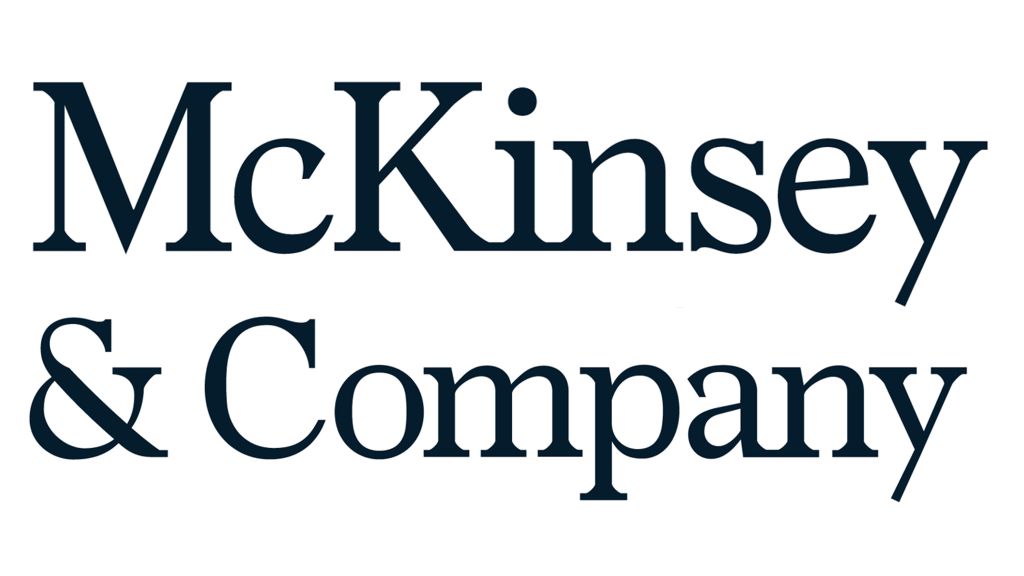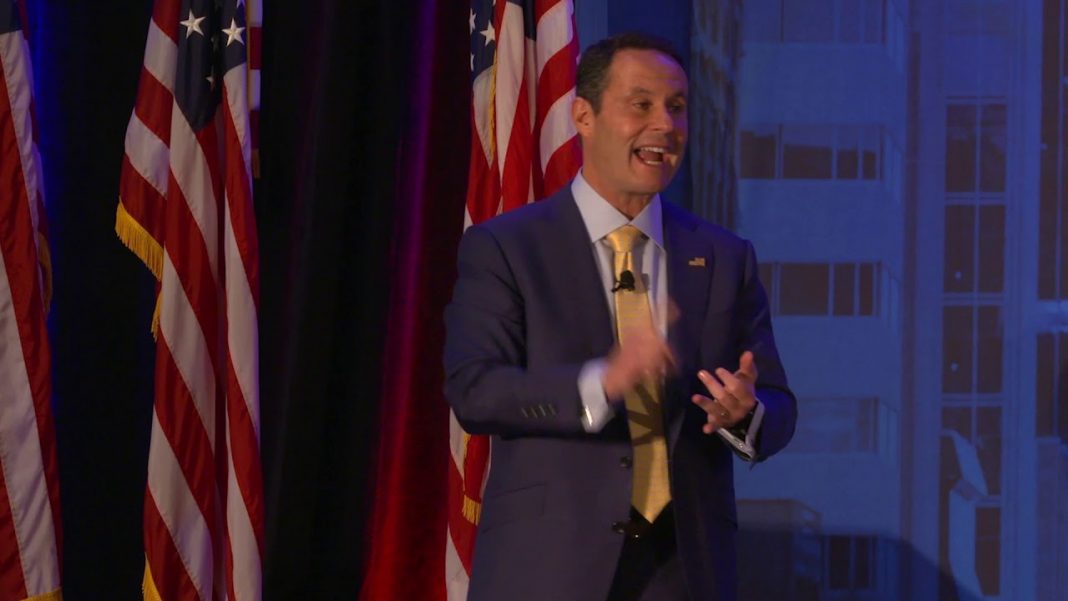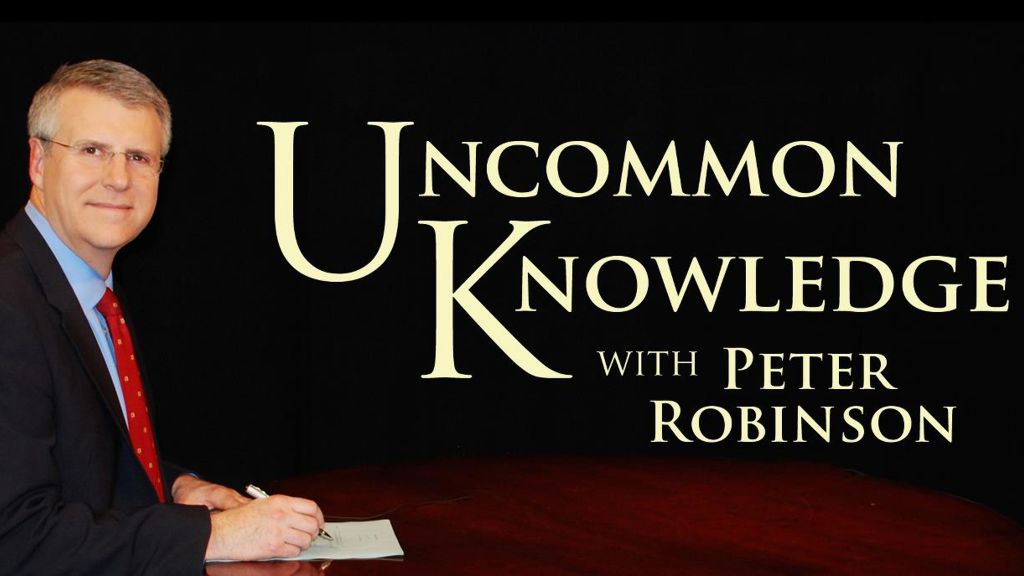McKinsey’s clients have included the Saudis, Turkey, Ukraine, China and Kremlin-linked firms in Russia. The company defends its work around the world, saying that it will not accept jobs at odds with its values.
This year’s McKinsey retreat in China was one to remember.
Hundreds of the company’s consultants frolicked in the desert, riding camels over sand dunes and mingling in tents linked by red carpets.
Especially remarkable was the location: Kashgar, the ancient Silk Road city in China’s far west that is experiencing a major humanitarian crisis.
About 4 miles from where the McKinsey consultants discussed their work, which includes advising some of China’s most important state-owned companies, a sprawling internment camp had sprung up to hold thousands of ethnic Uighurs.
McKinsey’s involvement with the Chinese government goes much deeper than its odd choice to showcase its presence in the country.
For a quarter-century, the company has joined many U.S. corporations in helping stoke China’s transition from an economic laggard to the world’s second-largest economy. But as China’s growth presents a muscular challenge to U.S. dominance, Washington has become increasingly critical of some of Beijing’s signature policies, including the ones McKinsey has helped advance.
One of McKinsey’s state-owned clients has even helped build China’s artificial islands in the South China Sea, a major point of military tension with the United States.
It turns out that McKinsey’s role in China is just one example of its extensive — and sometimes contentious — work around the world, according to an investigation by The New York Times that included interviews with 40 current and former McKinsey employees, as well as dozens of their clients.
The iconic U.S. company has helped raise the stature of authoritarian and corrupt governments across the globe, sometimes in ways that counter U.S. interests.
Its clients have included Saudi Arabia’s absolute monarchy, Turkey under the autocratic leadership of President Recep Tayyip Erdogan, and corruption-plagued governments in countries like South Africa.
In Ukraine, McKinsey and Paul Manafort — President Donald Trump’s campaign chairman, later convicted of financial fraud — were paid by the same oligarch to help burnish the image of a disgraced presidential candidate, Viktor Yanukovych, recasting him as a reformer.
Once in office, Yanukovych rebuffed the West, sided with Russia and fled the country, accused of stealing hundreds of millions of dollars.
Inside Russia itself, McKinsey has worked with Kremlin-linked companies that have been placed under sanctions by Western governments — companies that the firm helped build up over the years and, in some cases, continues to advise.
In August, VEB Bank — which is wholly owned by the Russian state, intertwined with Russian intelligence and under U.S. sanctions — hired McKinsey to develop its business strategy.
There is no indication that McKinsey has violated U.S. sanctions, which prohibit only certain transactions with targeted companies and individuals. But the larger question is whether the company, in pursuing legitimate business opportunities abroad, is helping to shore up President Vladimir Putin’s autocratic leadership.
In China, it has advised at least 22 of the 100 biggest state-owned companies — the ones carrying out some of the government’s most strategic and divisive initiatives, according to a review of Chinese-language material by The Times.
While it is not unusual for U.S. corporations to work with China’s state-owned companies, McKinsey’s role has sometimes put it in the middle of deeply troubled deals.
McKinsey defends its work around the world, saying that it will not accept jobs at odds with the company’s values. It also gives the same reason that other companies cite for working in corrupt or authoritarian nations — that change is best achieved from the inside.
“Since 1926, McKinsey has sought to make a positive difference to the businesses and communities in which our people live and work,” the company said in a statement.
“Tens of thousands of jobs have been created, lives improved and education provided thanks to the work we have done with our clients,” it added.
“Like many other major corporations including our competitors, we seek to navigate a changing geopolitical environment,” the company said, “but we do not support or engage in political activities.”
Oligarchs and autocrats
McKinsey’s role in resurrecting Yanukovych’s political career has been lost in the clamor surrounding the conviction of Manafort, Trump’s former campaign chairman, for secretly taking millions of dollars to help the Ukranian leader win the presidency in 2010.
But McKinsey was financed by the same oligarch who backed Manafort, and it wrote an economic plan that Yanukovych wielded to disarm his critics — before discarding much of it after becoming president.
Rinat Akhmetov, the country’s richest oligarch, had rescued Yanukovych through a strategy that included hiring two very different consulting groups: Manafort, whose Russian-linked team had worked for dictators with little regard for human rights, and McKinsey.
Manafort’s job was twofold: to soften Yanukovych’s reputation and strengthen his Russian-leaning Party of Regions, facilitating his rise to the presidency. McKinsey provided something different — an economic plan that Yanukovych could use to portray himself as a market-based reformer, tilting to the West.
Akhmetov paid Manafort by wire transfers funneled through a Cypriot shell company, court records show.
McKinsey, by contrast, was paid through a Ukrainian foundation financed by Akhmetov and run by a former McKinsey consultant now living in Moscow. Set up to promote economic reform, the foundation also sought to publicize McKinsey — and by extension, Yanukovych.
To reach its prime audience in the United States, the foundation held two forums on the Ukrainian economy — one at the Four Seasons Hotel in New York and the other in Washington. On the whole, McKinsey’s work was well received.
Within a few years, Ukraine careened toward economic collapse while Yanukovych looted the nation.
The capital soon turned against him. Yanukovych had long promised to tie Ukraine to the West by signing sweeping political and trade agreements with the European Union. Then he abruptly reneged, siding with Russia instead.
Protesters flooded the streets for months, chanting pro-Europe slogans. Yanukovych’s government responded with a heavy hand. More than 80 protesters were killed before Yanukovych fled the country in 2014.
The chaos didn’t end there. Outraged, Putin pushed into Ukraine, annexed Crimea and stirred up a war that has claimed more than 10,000 lives.
McKinsey defended its role in Yanukovych’s rise by saying that the foundation was serious about promoting economic development in Ukraine and featured prominent Westerners on its board. The foundation quietly folded — without achieving its goals — just before Yanukovych fled to Russia. Neither Akhmetov nor McKinsey would say how much money McKinsey earned.
“When we concluded that the government was not following through on its stated reform agenda, we ended our work,” McKinsey said in a statement.
Akhmetov, who publicly broke with Yanukovych during the protests, declined to speak to The Times. A spokesman said the foundation had been unsuccessful because politicians lacked the will “to embrace the reform agenda.”
But critics like Anders Aslund, a Swedish-born economist who advised the Russian government in the 1990s and later the government of Ukraine, lamented how Yanokovych’s image had been sold in Western capitals. It was clear, he said, that Yanokovych “was about power and robbery.”
Building China’s dream
Deep in the Malaysian jungle, a sprawling construction site sits abandoned.
It is supposed to be a railway — part of China’s signature Belt and Road Initiative, a $1 trillion global undertaking financed by big Chinese loans, and usually built by Chinese companies.
Chief among them is the China Communications Construction, a state-owned behemoth.
China Communications played a leading role in building artificial islands in the South China Sea that have raised tensions with the United States.
The company’s subsidiary also built a new port for Sri Lanka. But the debt turned out to be such a burden that the Sri Lankan government had to give up the port and hand it over for 99 years — to China.
Sri Lanka’s fate was so alarming that Malaysia’s new prime minister, Mahathir Mohamad, worried that the same thing might happen to him. So he suspended the railway project in July.
“That is not good for us,” Mahathir said in September. “Malaysian workers have no jobs that they can do. All the work is hired from China. You can see how one-sided it is.”
But for McKinsey, it was anything but one-sided.
In 2015, as China Communications was building the artificial islands and still under World Bank sanctions, McKinsey signed it on as a client, advising it on strategy.
Months later, McKinsey won another contract: this one with the Malaysian government, to review the feasibility of the rail line.
In a confidential PowerPoint report, McKinsey told Malaysian officials that the rail line could increase economic growth in parts of the country by as much at 1.5 percent. It was a figure that the prime minister at the time, Najib Razak, who now has been charged with corruption, liked to cite.
Dominic Barton, McKinsey’s managing partner at the time, made Belt and Road the theme of a keynote address in Beijing in 2015.
Barton — who has served on the advisory board of China Development Bank, one of the two biggest Chinese lenders to the Belt and Road Initiative — also batted down concerns in a 2015 interview with Chinese state media that the undertaking might be used as a tool to expand China’s global influence.
Nine of the top 20 Belt-and-Road contractors are or have been McKinsey clients, according to research by The Times and figures from RWR Advisory Group, which tracks such projects.
In 2016, McKinsey’s client, China Communications, won the $13 billion contract to build the Malaysian railroad. McKinsey justified the project at a time when Najib was widely accused of corruption, buffeted by street protests over the disappearance of hundreds of millions of dollars from a state investment fund, and badly in need of cash from an outside lender like China.
Mahatir told local reporters that China Communications, which won a no-bid contract for the railroad, may have deliberately overstated the costs in order to help Najib and his allies shovel extra money into the investment fund to replenish the missing amounts.
McKinsey says it has no knowledge of any collusion between China and Najib. It said that of course it could discuss China’s sweeping Belt and Road plans but rejected the notion that, by representing both sides in the project, the company had a conflict of interest in any way. By the time China Communications won the bid, its work for Malaysia had already finished, the firm said.
“Our firm’s rigorous internal policies and procedures” ensure that “we bring an independent perspective” to help each client “pursue its own strategic goals,” McKinsey said.
But the political backdrop — a government facing crippling corruption accusations and the prospect that Najib might turn to China for funds to cover his tracks — should have been obvious to McKinsey at the time, argued Bridget Welsh, a professor at John Cabot University in Rome who focuses on Malaysian politics.
“They were choosing to engage with actors that were deeply tainted,” Welsh said of McKinsey.
Robert G. Berschinski, a State Department official in the Obama administration, said business leaders and policymakers often believed that actively engaging with authoritarian governments would lead to economic reform, which in turn would drive political reform.
“But what is becoming increasingly clear, in Russia, China and Saudi Arabia — in all three of those instances — that belief has not proven to be true,” he said.
By Michael Forsythe and Walt Bogdanich in The New York Times








